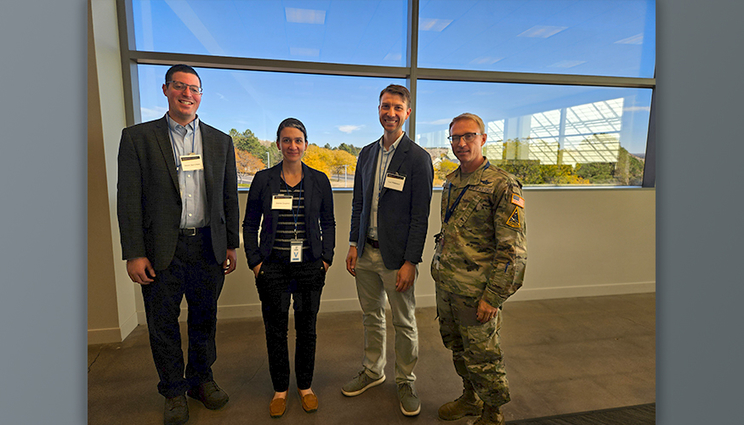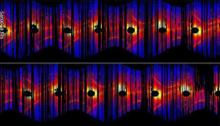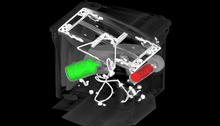Lab partners with new Space Force Lab
LLNL subject matter experts have been selected by the U.S. Space Force to help stand up its newest Tools, Applications, and Processing (TAP) laboratory dedicated to advancing military space domain awareness (SDA). The Livermore team attended the October 26 kickoff in Colorado Springs of the SDA TAP lab’s Project Apollo technology accelerator, designed with an open framework to support and encourage rapid government, industry, academic, and allied collaboration. Project Apollo will focus on solving a variety of technical challenges, including developing capabilities to detect rocket launches using open-source seismic data; predicting the trajectory of rockets; and directing a sensor, such as radar, to search and track a rocket using predictive algorithms. “Project Apollo was launched to inspire collaborative problem solving of critical space-domain challenges and facilitate the transfer of technology from private industry to Space Force operators,” said Jason Bernstein, principal investigator. “The Lab has a sweet spot for all fundamentals―data science, astrophysics, HPC, uncertainty quantification, modeling and simulation―that will enable Project Apollo’s success.” Luc Peterson, associate program leader for data science in LLNL’s Space Program, added, “The big challenge of SDA is how to use all of the data efficiently to determine what’s orbiting and where it’s going. The data can be multimodal, such as optical images and radar signatures, from a variety of distributed sensors. Multimodal data fusion in an operationally relevant timeline is the goal. With the burst of commercial satellite data, and the advances in AI/ML models, there’s hope that these can be combined into useful information.” Read more at LLNL News.








